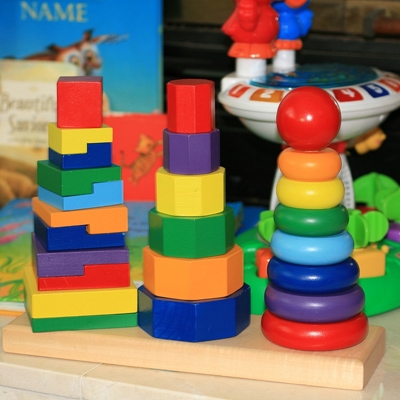Is it right to teach children there are ‘100 genders’?
“What are the different gender identities?” asks a little boy in one of the nine new BBC Teach films put out to support the personal, social and health education (PSHE) curriculum in schools – to which his head teacher replies: “That’s a really, really exciting question…”
Actually, it’s not. And the answer is still less exciting.
Which is perhaps why rather than give the boy a bald, biological and distinctly boring fact – “two” – the video cuts to a Relationships and Sex Education teacher, hopped-up on her own gaping-mindedness: “You know, there are so many gender identities,” she enthuses. “We know that we have got male and female, but there are over 100, if not more, gender identities now.”
Even by today’s Emperor’s New Clothes gender diversity narrative, 100 is pushing it. ‘Woke’ Facebook currently lists 71 complex and hilariously repetitive options for those who feel manacled by the oh-so-reductive ‘male’ and ‘female’.
And, despite four years at medical school (where you’d hope the basics had been covered), your local GP will ‘only’ recognise six genders: male, female, gender-neutral, non-binary, gender-fluid and gender-queer.
But children, insists the BBC’s Relationships and Sex Education teacher Kate Daniels in the film, might well find these too limiting and think to themselves: “‘I don’t really want to be anything in particular. I am just going to be me.’”
Chart the gender-diversity madness back to its origins and you’ll find that “I am just going to be me” – ironically, a concept young, agenda-free children naturally embrace – is at the root of it all.
And beyond my horror at the propagation of misinformation and the upholding of this noxious nonsense by a corporation whose journalistic duty it is to deal not in fads, but facts, is the fear that we’ll make this new generation of children as self-obsessed as the supposed grown-ups wilfully warping their minds.
Self-expression may have been prized since Ancient Egyptians first began daubing hieroglyphics, but not until the 1960s did it start becoming fetishised in the way it is today, when ‘expressing yourself’ no longer means appreciating individuality and producing something of wider cultural value to be enjoyed by others – a work of art, say, that might enrich the world around you – but folding in on yourself and behaving in an unashamedly selfish way.
So like teenagers (with far more tools of ‘self-expression’ at their disposal than the old hair-dye, piercings and tattoos we had to make do with), people will play around with their identities and pronouns well into adulthood: going into work dressed as Alex one day and Alexia the next. Because they’ve been told they can.
Never mind that the client has no idea who they’ll be meeting from one day to the next, and that taking your personal whimsies into the workplace is the apotheosis of unprofessionalism, you’re just “expressing yourself”, aren’t you? Along with all the myriad incarnations of that wonderful, bottomless you.
Likewise, the health and nutritional idiosyncrasies we all now like to shout from the rooftops – “I can’t eat that! I’m vegan/Keto/5:2-ing” – are pure self-expression, and therefore hallowed. So whereas I was brought up to leave anything I couldn’t or wouldn’t eat discreetly on the side of the plate, we must all now be made to know and care about other people’s foibles.
As women, we’re encouraged to express ourselves by “locating our period pride” and brandishing tampons in the office, before “talking loud and proud” about the menopause once we start going through that. And perhaps I’d find all this self-expression a little more exciting in exactly the way that Relationships and Sex Education teacher found the idea of 100+ genders if it were focussed on something less superficial and narcissistic.
And, of course, it’s all a lie. Because what the 9 to 12-year-old children in those BBC videos weren’t told was that they would only be free to express themselves in one way: the right way.
So that if one of the girls later chose to express herself in a more traditional manner – say, by wearing a skirt – secondary schools like Lewes’s now infamous Priory School, which this term made “gender-neutral” trousers compulsory for new and existing students, that would not be allowed. In fact, she would be turned away at the school gates.
All of which is likely to leave us with a generation of lost, confused and angry young adults asking a question we will find it very difficult to answer: “How did you let this happen?”
Read Celia Walden on Telegraph every Monday at 7pm

